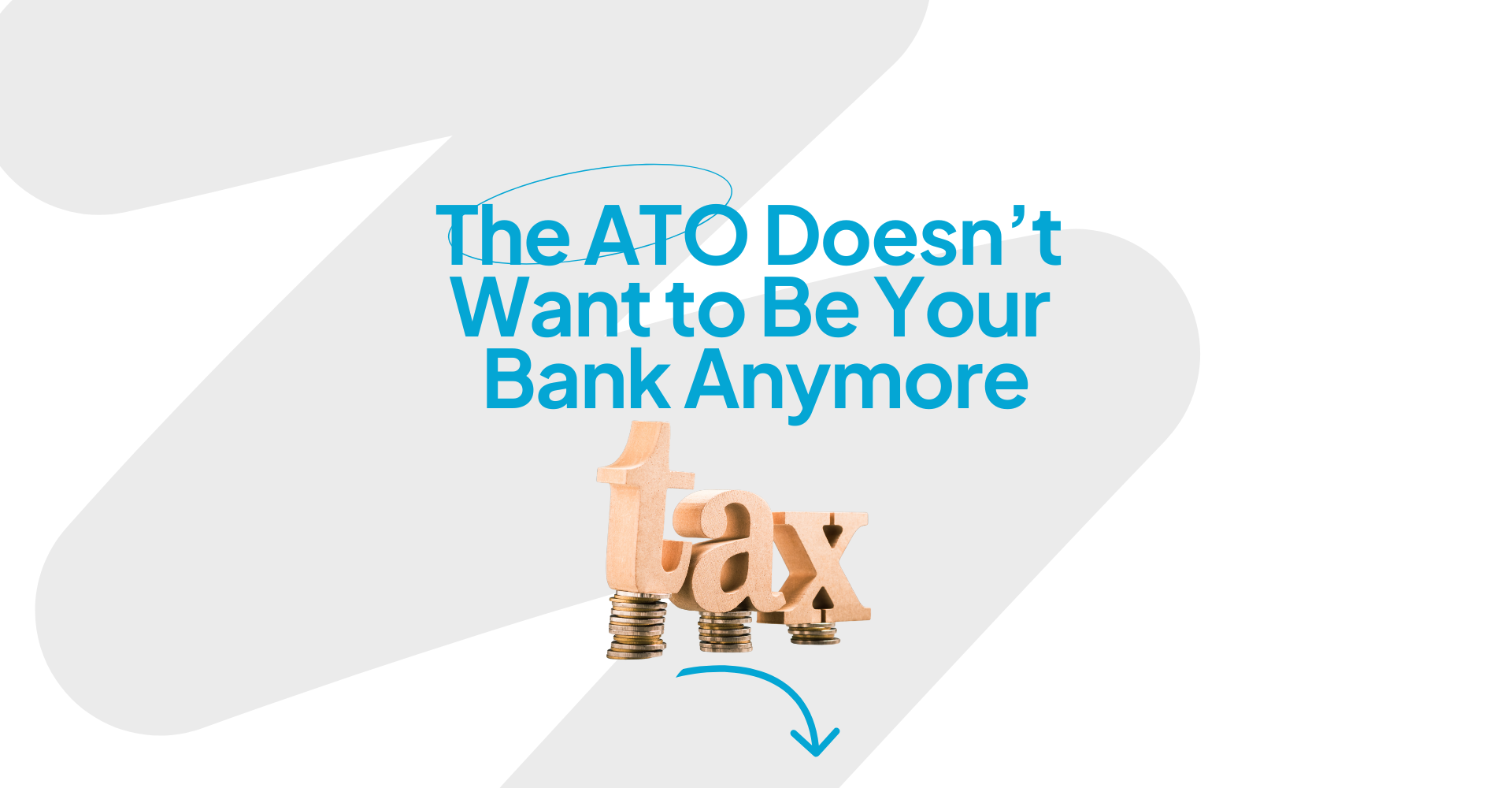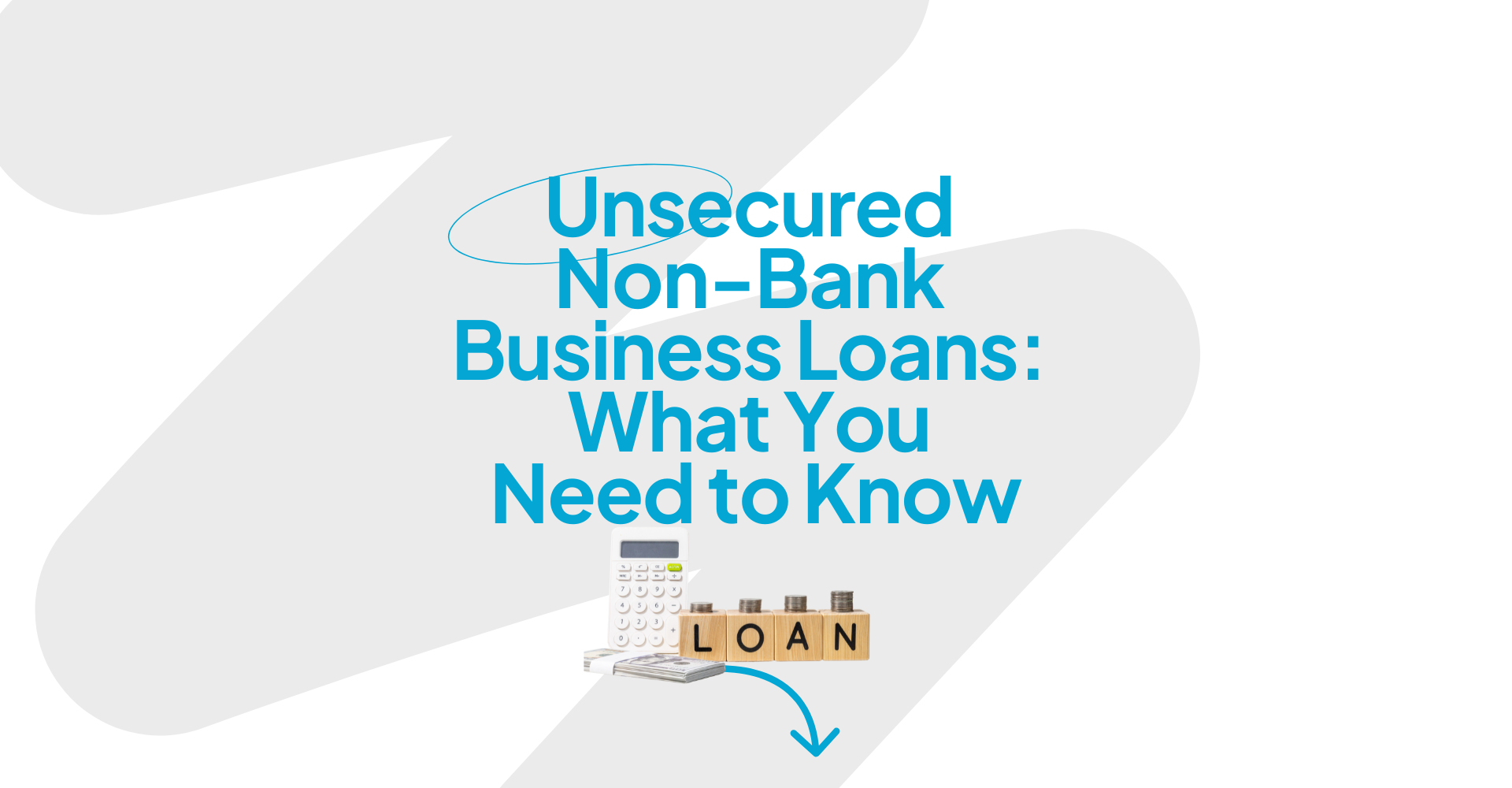Consolidating Multiple Unsecured Business Loans in Australia: A Smart Financial Move
Managing multiple unsecured business loans can strain your cash flow. Consolidating them into one repayment simplifies finances and may secure better terms. Find out if it’s right for your business.

Consolidating Multiple Unsecured Business Loans in Australia: A Smart Financial Move
Many small and medium-sized businesses in Australia use unsecured loans to keep their cash flow steady, fund new projects, or cover unexpected bills. But having multiple loans at once can quickly become stressful. Different lenders, repayment dates, and high daily or weekly repayments can put pressure on your finances and headspace.
What is Loan Consolidation?
Loan consolidation lets you combine several existing business loans into a single new loan, ideally with better terms and a repayment schedule that suits your cash flow. Instead of managing repayments to multiple lenders, you’ll have one consistent repayment, which can be weekly, fortnightly, or monthly.
Is Loan Consolidation Right for You?
Consolidation is especially helpful if you’re feeling the pinch from daily repayments but have not missed any payments yet. This is common for businesses that have used short-term lenders or merchant cash advances with high repayment frequencies.
You may be a good candidate if:
- You have multiple unsecured business loans with different lenders
- You’re making daily or weekly repayments that impact your working capital
- You haven’t defaulted or missed repayments
- Your business has steady revenue but needs more breathing room
- You’re looking for longer loan terms or lower interest rates to ease cash flow pressure
Benefits of Consolidating Business Loans
- Flexible Repayment Schedules
- Choose weekly, fortnightly, or monthly repayments to match your cash flow cycle.
- Lower Interest Rates
- If your business credit profile has improved, you may secure a better rate.
- Extended Loan Terms
- Spreading repayments over a longer period reduces instalment amounts, improving cash flow even if total interest increases slightly.
- Simplified Debt Management
- One loan, one lender, and one repayment schedule instead of juggling multiple debts.
- Improved Cash Flow
- Smaller, less frequent repayments free up working capital for wages, inventory, or growth.
Important Considerations
- Exit Fees and Charges: Some current loans carry early payout penalties. Check that the benefits of consolidation outweigh these costs.
- Credit Profile: A good history of on-time payments helps negotiate better consolidation terms.
- Security Requirements: Some lenders may require personal or asset-backed guarantees, even if existing loans are unsecured.
- Lender Selection: Work with accredited Australian lenders or brokers who understand SME cash flow needs.
How to Consolidate Unsecured Business Loans
- Audit Your Current Loans: List all balances, interest rates, repayment frequencies, and fees.
- Explore Options: Look for lenders offering consolidation with repayment flexibility.
- Calculate Savings: Use a loan comparison calculator to assess repayments and total cost under different terms.
- Submit Your Application: Prepare your BAS, bank statements, and profit & loss reports.
- Pay Out Existing Loans: Use the new consolidation funds to clear your old debts and start repaying your simplified loan.
For example, a small logistics company in Brisbane was paying four different lenders daily, squeezing their working capital. After consolidating into a single loan with fortnightly repayments, their cash flow improved, allowing them to take on new contracts confidently.
If daily loan repayments are weighing down your business despite your strong repayment record, loan consolidation could provide the relief you need. Shifting to weekly, fortnightly, or monthly repayments can free up cash flow so you can focus on growth rather than debt management.
As always, speak with a finance professional or commercial lending specialist to ensure this strategy fits your long-term business goals.
This article is general information only and does not constitute financial advice. Please speak to a qualified advisor before making decisions.
Want to see if loan consolidation is right for your business? Check your options today.







